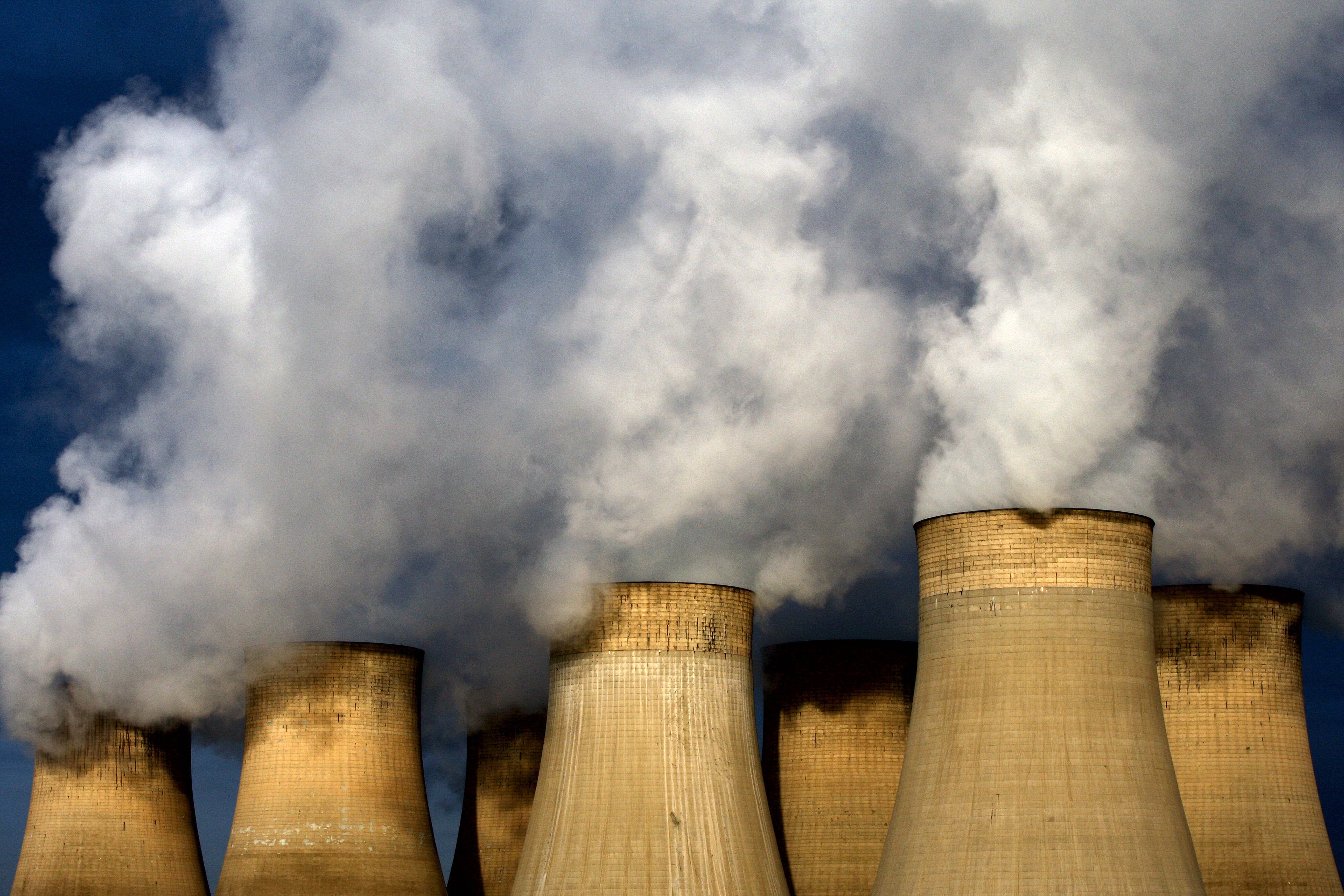Britain’s electricity grid breaks 46-day streak without coal
One of the units at Uniper’s Ratcliffe-on-Soar coal power plant started producing electricity for the first time in weeks on Monday.

Britain has started burning coal for electricity for the first time in a month and a half as gas power plants were shut down for maintenance, demand for air conditioning spiked and the country deals with lower wind speeds.
One of the units at Uniper’s Ratcliffe-on-Soar coal power plant started producing electricity for the first time in weeks on Monday morning, with another plant warming up in case it is needed by the early afternoon.
At the time of writing, coal was producing around 0.2% of the electricity being used in the UK.
It brought to an end a 46-day coal-free period for Britain’s grid, shy of the nearly 68-day record it set in the summer of 2020.
That was the longest single period since 1882 the grid went without burning coal to produce electricity.
On Monday, a series of factors meant National Grid’s Electricity Systems Operator believed coal might be needed.
For a start, a lot of gas power plants are taken offline for maintenance during the summer as electricity demand is normally lower during the summer months.
Secondly, wind power was supplying a lot less electricity than usual due to a fall in wind speeds.
Over the last week, Britain’s wind turbines have been producing around 22.5% of the country’s electricity needs.
But on Monday morning only around 9.3% of Britain’s electricity was coming from wind.
This was in part offset by a rise in the amount of solar power being put into the grid.
There has also likely been a spike in demand for air conditioning due to the heatwave gripping the country.
However, only around one in 20 UK homes has air conditioning units, meaning the increase in AC will be largely due to offices and the extra demand will be limited.
On July 19 last year, the day where temperatures soared to above 40C, electricity demand was only around 6% higher than it had been a week earlier, according to Drax.
In the future, demand for electricity is likely to be higher during summer as air-to-air heat pumps are able to work as air conditioners.
This means that as more and more homes opt to replace their boilers with heat pumps during the winter they will be able to benefit from air conditioning during the summer.